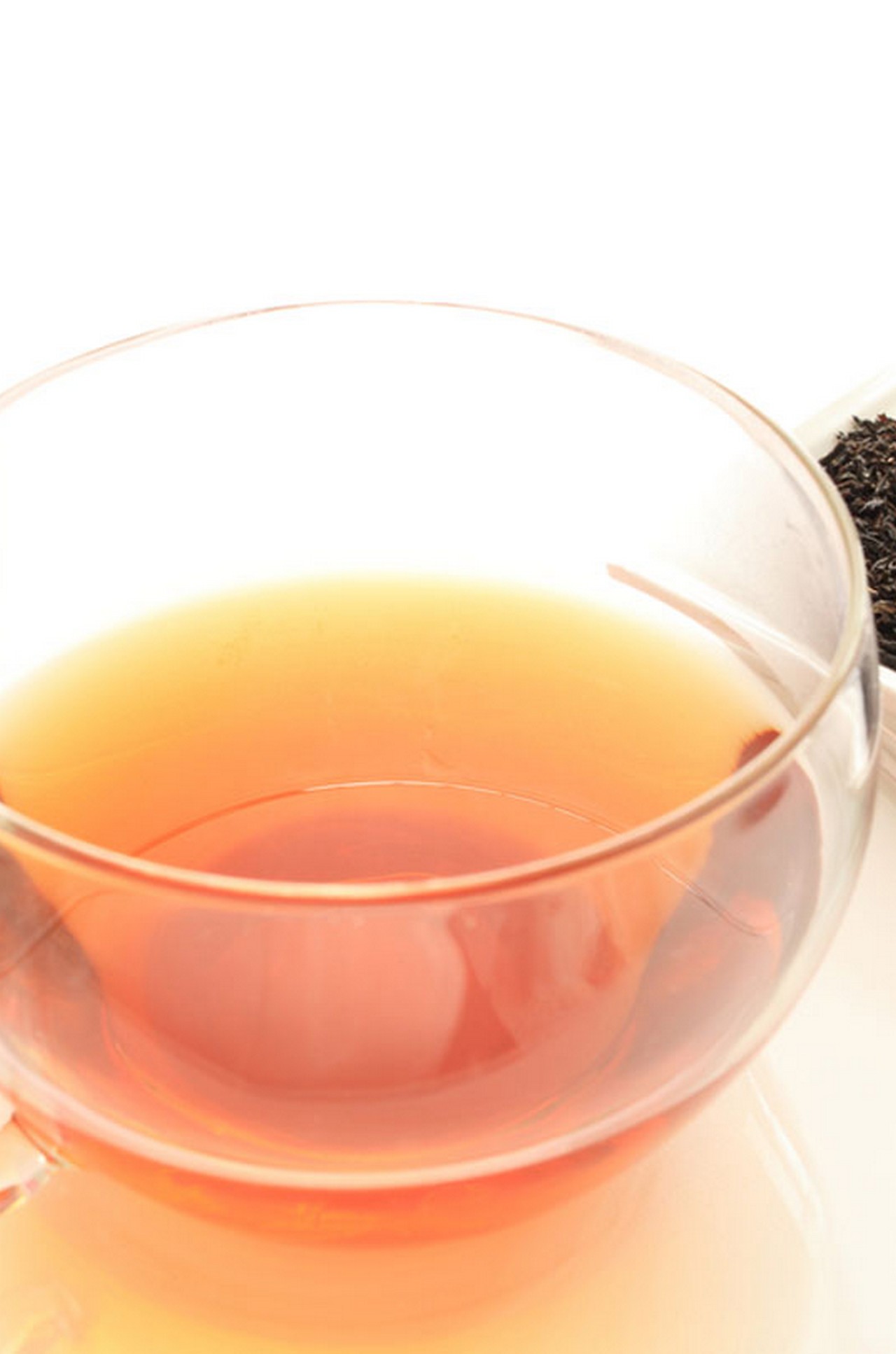
Tamarind adds that tangy zest to many soups and gravies, especially in the Indian cuisine! Added to chutneys and condiments, it makes your meals burst with nutrition, flavor, and zing! However, too much consumption can lead to certain side effects of tamarind! While most of us might be unaware, there are certain things you need to keep in mind if you like having tamarind too often! Read on to find out more!
In This Article
7 Side Effects Of Tamarind
Let us know about the most common tamarind side effects:
1. May Cause Allergic Reactions
iStock
Allergy or hypersensitivity is one of the most common side effects of tamarind (1). There are lots of people who are sensitive to the ingredients of this fruit and end up developing a number of symptoms like rashes, itching, inflammation, stinging sensation, lightheadedness, fainting, vomiting, shortness of breath, etc. by consuming it.
Related: 14 Best Home Remedies For Skin Allergies | Causes And Symptoms Did You Know? Tamarind originates from the legume family that includes beans, nuts, chickpeas, and soybeans. If you are allergic to any of these, you also may be allergic to tamarind.
2. Can Damage Tooth Enamel
iStock
Tamarind is highly acidic by nature. Therefore, the chance is big that it will take a toll on your beautiful sets of teeth with over consumption. If you eat tamarind in excessive quantity, the enamel of your teeth is likely to get corroded by its acid component. Remember, too much tamarind is extremely bad for the health as well as for the look of your teeth.
Related: How To Get Rid Of Cavities – 7 Home Remedies To Follow
3. Induces Acid Reflux
Shutterstock
As said earlier, tamarind is an acidic food element. When we eat it, the acid levels go up within our gastrointestinal tract, especially our stomach. So, if you are already suffering from digestive issues like gastroesophageal reflux disease (GERD) or ‘acid reflux’, you should stay away from it. Otherwise, you will end up developing acute acidity.
Related: 9 Home Remedies To Get Rid Of Heartburns And Reflux Quickly
4. Promotes Vasoconstriction
If you are taking any sort of vasoconstrictor (no matter whether it is an herb, a supplement or a synthetic drug), you should strictly steer clear of tamarind (2). This fruit is known to add to the vasoconstricting effects by accelerating the process of narrowing of the blood vessels. It ultimately results in slow blood flow or sometimes even complete blockage of blood vessels.
5. Interacts With Certain Antibiotics
Shutterstock
If you are using any ophthalmic antibiotic on your eyes topically, avoid tamarind intake. Several researchers have shown that this fruit interacts with such type of drugs and can lead to unwanted skin as well as health hazards.
6. Produces Laxative Effects
The pulp or extract of tamarind is well-known for its laxative qualities (3). But if you are already using any other laxative product, make sure that you skip eating this fruit.
7. Can Make Weaver’s Cough Worse
Shutterstock
Well, weaver’s cough is not caused by the intake of tamarind. Rather, it is a medical condition resulted from the powdered tamarind seeds. However, if you are going to use it in your dishes as an additive, be careful as the powder can affect your lungs and induce chronic respiratory issues (3).
StyleCraze Says Other symptoms of Weaver’s cough include aching limbs, severe headache, fever, and weight loss.
Infographic: What You Should Consider Before Using Tamarind
Tamarind is a tangy-flavored fruit with many nutritional benefits. However, excess consumption may cause several adverse effects, including allergic reactions and interactions with certain medications. Hence, you must consider a few things before consuming tamarind to avoid its negative effects. Click on the infographic below to learn more about the same.
Tamarind adds a tangy flavor to savory dishes, however, excess consumption may lead to adverse reactions. The side effects of tamarinds range from inducing acid reflux to a high risk of dental problems. It may have laxative effects and may worsen the weaver’s cough. Tamarind may act as a vasoconstrictor and lead to narrowing of the blood vessels. In some cases, tamarind may trigger allergic reactions or interfere with the functioning of certain medications, especially antibiotics. If possible, try to limit your intake or stay away from it entirely to avoid such complications.


















